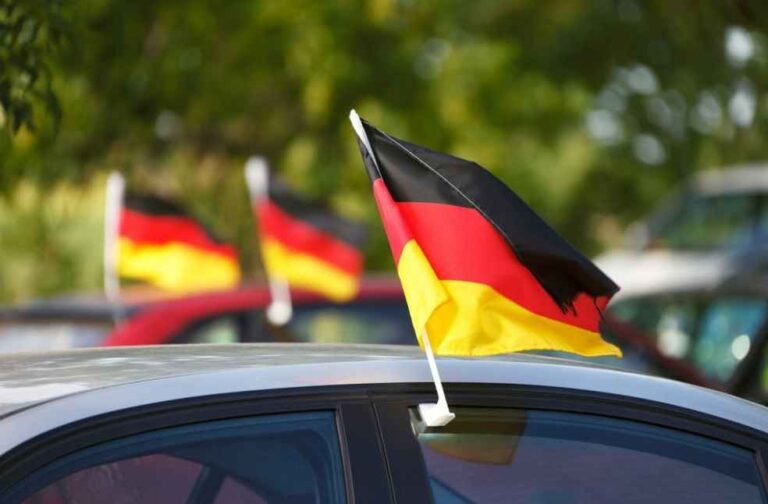Germany experienced a sharp 23% decrease in new car registrations this past December, with only 241,883 vehicles hitting the roads, following the cut in EV incentives. Industry experts link this downturn directly to the government’s premature halt of the environmental bonus for electric vehicle (EV) purchases.
This decline marks the steepest drop in 2023, overshadowing an otherwise positive year for the German automotive industry. Despite this setback, data from the Kraftfahrt-Bundesamt (KBA) shows an overall annual increase of 7.3% in car registrations compared to 2022, totaling 2.84 million vehicles.
Impact of Incentive Cessation
The German government’s decision on December 17 to abruptly discontinue EV incentives sent ripples through the market. Post this date, no further applications for the environmental bonus were entertained, a move resulting from a €60 billion cut in the Climate and Transformation Fund’s budget.
The government’s commitment to process all pre-cutoff applications did little to ease industry concerns. A ZDK survey revealed that the abrupt end of the bonus impacted sales of approximately 60,000 EVs. Records show 30,000 electric vehicles awaiting delivery at the end of 2023, with an additional 30,000 contracted for 2024 delivery.

ZDK President Arne Joswig criticized the government’s approach, claiming, “The trust in a comprehensible and rational federal government policy to promote electromobility has been massively damaged. You cannot deal with industry or small and medium-sized businesses like that.” Joswig called for a stable and transparent funding policy to rebuild customer confidence and approach the ambitious target of 15 million electric vehicles by 2030.
Adaptation by Automotive Industry
While the withdrawal of the EV bonus in December certainly affected the market, predictions suggest 2024 will bear the brunt of this impact. To counterbalance, many car manufacturers have stepped up to cover the government’s portion of the bonus, keeping purchase incentives alive.
The next year will place Germany under scrutiny as a model for countries dependent on incentives for EV adoption. Elsewhere in Europe, nations like France, Italy, and Spain are revising their EV support strategies. Notably, the UK has seen a decline in BEV registrations since halting EV incentives in mid-2022.

Market Dynamics and Projections
The drop in December registrations can also be seen as a consequence of a tough comparison with the prior year, which experienced a surge ahead of reductions in BEV incentives and the cessation of PHEV aid. Although a similar trend occurred in 2023, its impact was less significant on registration numbers.
Over 2023, Germany registered 524,219 BEVs, an 11.4% increase, claiming an 18.4% market share. This contrasts with the decline in PHEVs and the growth in petrol and diesel car registrations.
With Germany witnessing its first rise in average CO2 emissions from cars since 2019, reducing emissions becomes a formidable task, especially without incentives for low and zero-emission vehicles. This scenario places Germany at a pivotal point in its journey towards sustainable mobility.
AUTO TECH | Tesla Recalls 1.6M in China for Software Glitch as BYD Tops EV Sales





